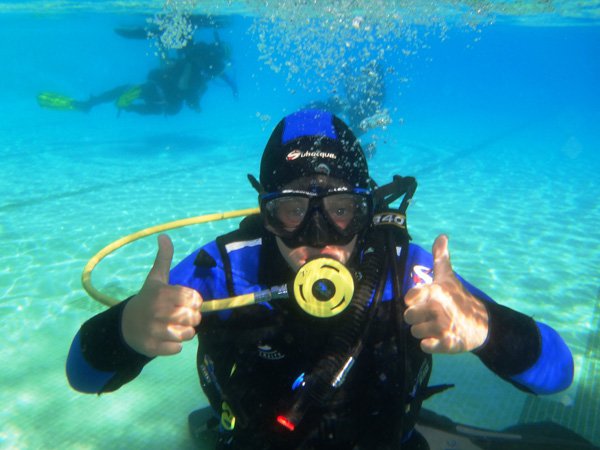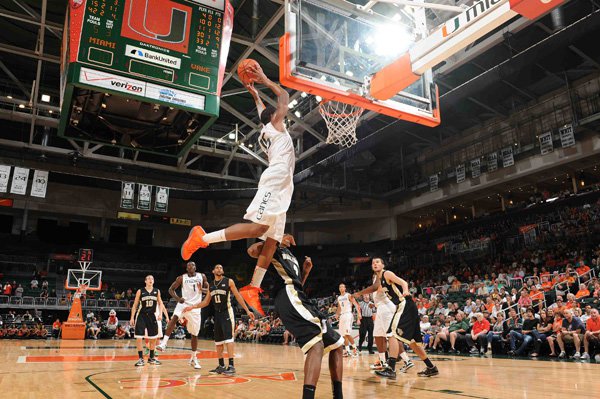Infield Fly Rule Clarification
Question
I read on this site, in one of the responses to an infield fly rule question, that an infield fly rule is in effect, regardless if an umpire calls one or not. This is contrary to my understanding. My understanding is that an infield fly rule, given the less that 2 outs and runners on 1st & 2nd, the umpire, in their opinion deems the "fly" ball (subjective) to be able to be caught by an infielder with reasonable effort (subjective). If the umpire does not call "infield fly" the base runners, any one of the 3, could, in their subjective opinion, interpret the "fly" ball as meeting their subjective interpretation of an infield fly, significantly complicating matters.
My base question is this... the umpire must call an infield fly rule for it to be in effect, correct?
Thanks,
Dave
Answer
Hi Dave,
"My base question is this... the umpire must call an infield fly rule for it to be in effect, correct?"
Let's start with the answer to this and go from there, it should be (and almost all experienced umpires nail 100/100, less experienced umpires somewhat less) the answer is no in ASA play. Here's why...
In ASA play we have a case book play that directs us. "...batter hits an apparent IF. The umpire fails to invoke the rule, fly ball is not caught, in the confusion both runners are tagged off base....
ruling: the infield fly rule should have been in effect. Failure of the umpire to invoke the IFR placed the runners in jeopardy. This is correctable by calling the batter out and returning the runners.
So even though no IF was called it was in effect and post play enforced.
In ASA we have the authority to do this because of rule 10-6-c which basically says umpires can correct many situations they caused and this is one of them.
I'm not a NFHS umpire but I believe NFHS specifically states that the batter is out whether the IF is called or not. I believe they would correct any situation if they placed the runners in jeopardy similar to ASA but we might want a Fed umpire to chime in on this.
When an umpire fails to invoke the rule when it is proper and the ball is not caught, I agree it complicates matters. How can a runner know what's in an umpire's mind or judgment and if a force out situation exists if the ball is not caught? Absent an IF call IMO it is logical for them to try to advance. If they do and are put out it's the umpire's responsibility to correct it.
Just to add a little more here, R1 on 2nd, R2 on 1st, uncalled IF that is not caught. R1 advances to 3rd, R2 is forced out at 2nd and b-r at 1st. We correct this play by calling the batter out, R1 is placed back at 1st BUT R2's advance is legal and we leave them at 3rd.
I have too much time on my hands on my day off today so....
Also in ASA play we can do the reverse. An umpire calls an IF that is not caught. After the play the umpires agree that at no point could the ball be caught with ordinary effort. The batter now was placed in jeopardy by the call. Post play we award the batter 1st base (case book 8.2-36 for you blues) and I'm sure hear some nice things from the defensive coach.
Mark
throwing motion
Dropped 3rd strike Rule


